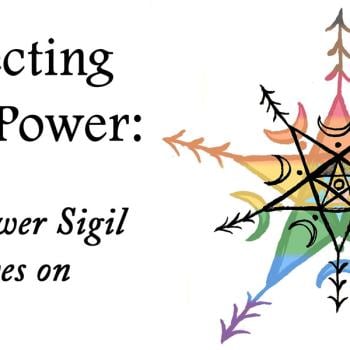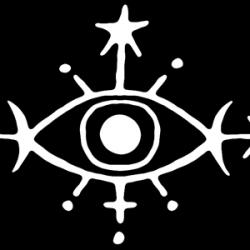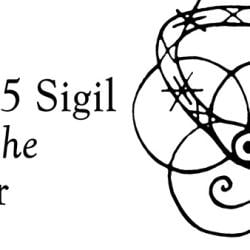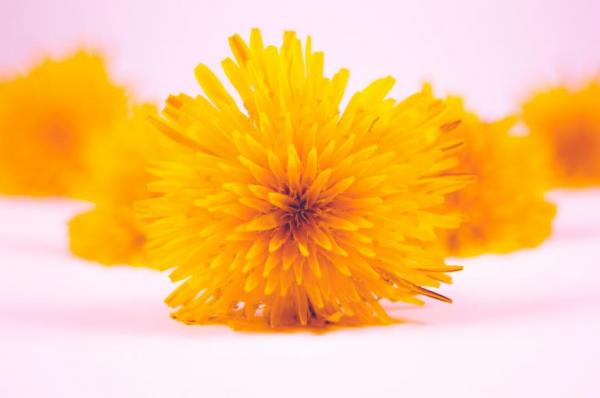
Quite a few battles have taken place in our front and back yards. First there was Nathan vs. the Dandelions. I’m not sure what it was, but for a while it was my husband’s relentless mission to go after the pervasive plethora of posies popping up. He stopped after I pointed out that the bees love these so-called weeds and that they have other uses. Besides, they’re cheery against the early Spring Seattle gloom.
(Every natural thing has its place, even if we may not see it at first.)
Then the landlord who owns the properties on either side of us got focused on “helping” us clear out some invasive weeds that border our fences. Which included him overstepping his boundaries and dumping a bunch of pine-filled mulch on both sides of our yards, well beyond where we talked about. It’s the kind of mulch that kills more than anything else – so it wiped out all of the beautiful wildflowers on one side of the house. Meanwhile, the plants it meant to deter are having a field day growing over, under, and through it.
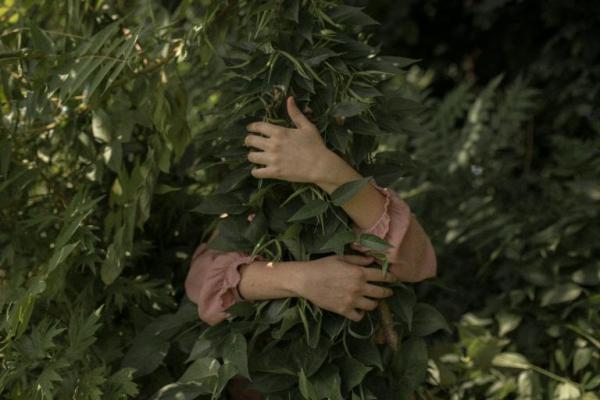
Annoyed by the chokeweed vines creeping into our yard, Nathan last year went after it with weed killer. The vines withered a bit, and then just moved around it. Then completely took over while we were away on tour. We pretty much gave up on the yard that growing season.
(Tactics that overstep boundaries, blanketly try to poison, or cover up problems rarely solve them effectively.)
Back in the beginning of May, Misha and their partner helped me tame the back yard in a fabulous combination of physical, emotional, and power tool-equipped support. With not enough power tools to go around, I used some old school tools and my hands to pull out the choke weed. I combed through the layers of dirt and mulch, pulling out yards and yards of roots and runners. This approach helped a great deal, but we still have to routinely go out and keep it in check.
(There are rarely easy fixes to difficult and tangled problems. We have to make an investment of time and elbow grease to get down to the root.)
All of this relates to things I’ve been mulling over for almost 6 months in terms of dealing with difficult situations in our communities. Keep in mind, I’m an artist, not a psychologist or psychiatrist – but I’m really good at catching patterns – whether it’s actions, words, or people in general. I’m a spider watching many webs being woven, testing the vibrations.

Often when there’s a sensitive or critical issue – particularly regarding someone’s actions or behaviors, the immediate communal reaction tends to be severe and sadly short-sighted. Usually something like, “This person is a horrible person. They are THE WORST. They are TRASH. They should be tarred, feathered, blacklisted, and erased from all things so we don’t have to deal with them again. That way they can’t harm anyone else.”
I understand the reaction, but the core reality is: people aren’t trash. That’s a dangerous place to go thinking, especially for folks invested in magick and metaphysics. We can see the harmful effects of declaring a whole group of people trash or “animals” – both in history and the current political climate. It doesn’t end well for ANYONE. There is powerful magick in words, and the root of it starts with thought. Even decrying one human being as trash becomes a slippery slope. Because we’re all interconnected yet at the same time are totally capable of having absolutely different perspectives on a given thing.
Things get even more messy when you consider how vulnerable we are when we enter into a relationship – romantic, spiritual, business, familiar, etc. When we get hurt on any level, we can simultaneously feel shame for the choices we made that put us into that situation while being angry at the person who caused the harm. So we’re hurt at least twice – once by them and once by ourselves. In this state, it’s often much easier to cry foul and lash out then to examine ourselves and communicate to solve the issue in a grounded manner. Which is unfortunate because we (and they) are far likely to repeat the mistakes when the root issue is not addressed. There must have been redeeming qualities in the first place right? Doesn’t that qualify for composting versus tossing them in the trash?
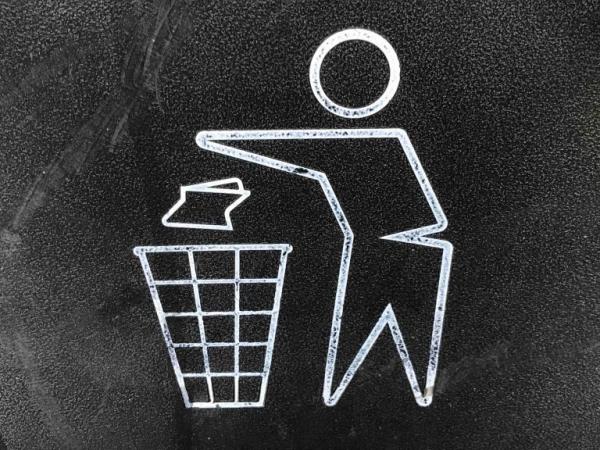
Especially as Witches we know that things that people often dismiss as weeds can be useful and helpful, even if they have some negative qualities.
Now, there are people whose words and practices I don’t agree with, and I won’t hesitate to defend myself or anyone else in harm’s way against them. But calling them trash doesn’t solve any problems. Especially in a society where we often just bag up our trash, and someone else carts it away to deal with it – and even then, it doesn’t really go away. It just becomes someone else’s problem once it’s done being ours. Out of sight, out of mind right? But who’s keeping the weeds in check?
I’m reminded of several different examples of abusive behavior where there was a big blow-up, but in the end nothing got solved and the problem just showed up again somewhere else down the line. Those that were on the receiving end don’t get proper healing. Those propagating the behavior (abusers and supporters) don’t make any changes. And unsuspecting folks in the next neighborhood or state get sucked into a similar cycle as it all moves on. Warning labels and blacklisting rarely work: nobody pays attention until it’s in their own yard – and sometimes not even then.
Nothing changes unless we get down the root of a problem, which takes a lot more effort than most people are willing to make. We have to be open to looking at the bigger picture, challenging our own perspectives and views so we’re not inadvertently hurting ourselves or others. As individuals and a community, we must embrace compassion – for both ourselves and others, and seek the heart of humanity underlying a situation. We must be willing to communicate with – not at, and to challenge the ideas and behaviors – not the being themselves. Lastly, we have to work to get at the roots together, and invest in changing how things grow in our proverbial yards.
In the end, we only have so much choice about what exactly grows in our yards. Yes, there are the things we chose to grow, but the universe will keep depositing seeds and visitors of all kinds, no matter how secluded or selective we think we are. We can’t really control that. But we are responsible for how we deal with the world brings us – what do we make room for and let grow, what things do we learn to see in a new light, what we do work on cutting out and removing, and what goes in the compost pile.









